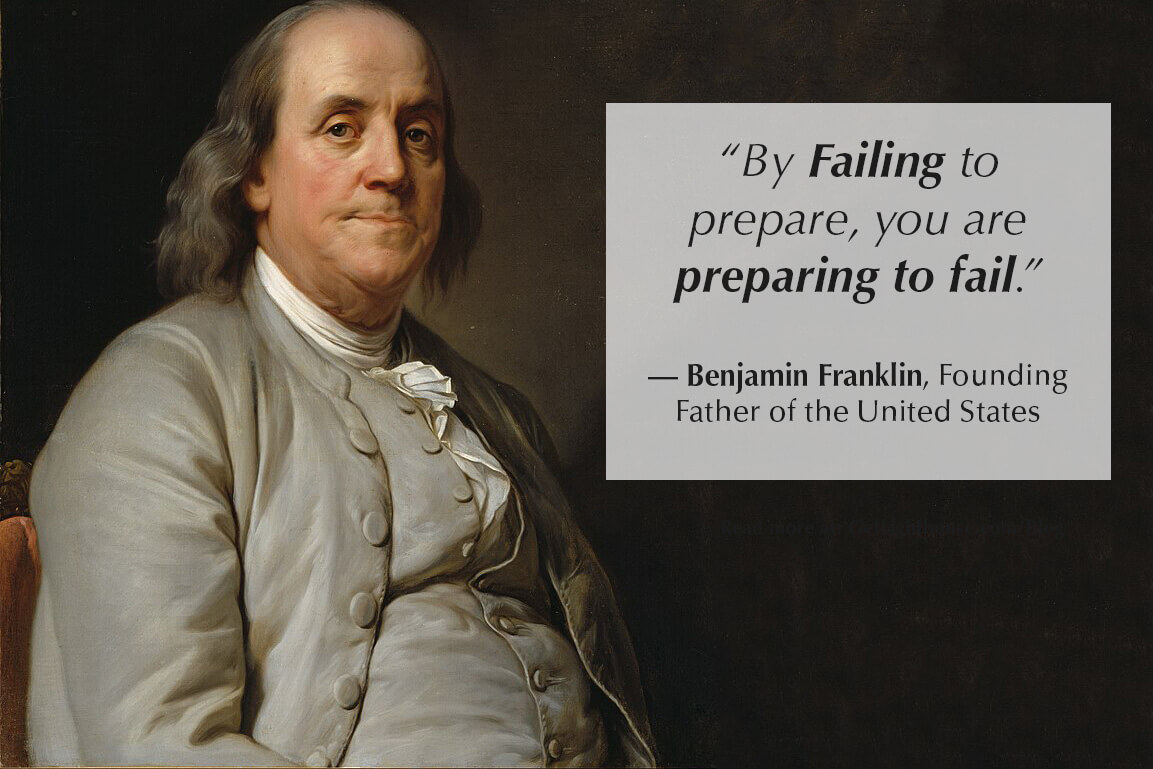“Sorry, Tim, but that's a bit out of scope for today’s discussion…”
“Tina, let’s put a pin in that and talk more about this offline…”
“Hey, Roger, that’s out of line. Let’s try to stay civil here…”
“Who has ideas for solving that issue? Anybody? Bueller…”
If you’ve ever been moderating a meeting, you know that it can go poorly in a variety of ways. It’s as much an art as it is a science to make a meeting productive, effective, and engaging.
Yet, all hope is not lost.
There are many things you can do to make your meeting moderation go better and more smoothly. You can run meetings that you and your attendees enjoy, and get a lot of value from them.
Today, we’re covering some of those key tactics, so you can learn how to moderate a meeting like a pro.
Steps to become a great meeting moderator
- Preparation is essential for every meeting moderator
- Be proactive and follow your plan for meeting moderation
- Handle problems when you’re trying to moderate a meeting
- Praise good actions and behavior when you moderate a meeting
- Good meeting moderators set clear next steps and action items
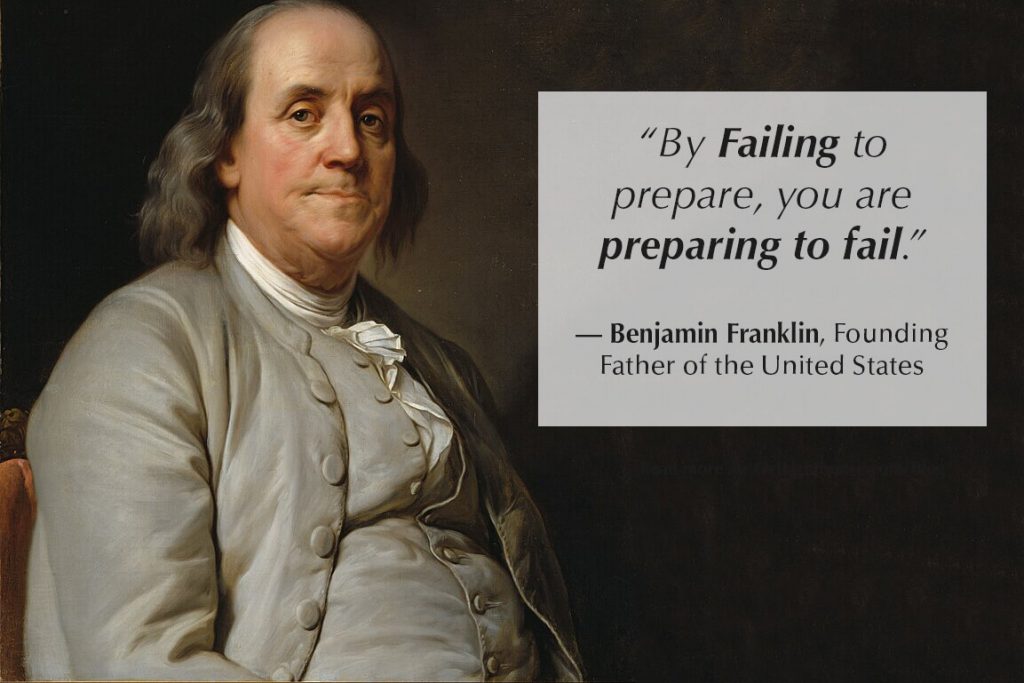
1) Preparation is Essential for Every Meeting Moderator
It all starts with preparation - not the most exciting part, but it's foundational to your success as a moderator who wants to have great meetings.
The most important part of your preparation is creating a solid agenda. It doesn't need to be a minute by minute plan, but it does need to be a clear roadmap to keep your discussions on track.
As you make the agenda, take a look at your attendee list too. Understanding who's in the room helps you tailor the meeting and avoid wasting anyone's time:
- Is there an expert who you want to make sure you call on at a specific point? Note that.
- Does someone need to leave early that you want to hear from? Move the agenda items most important to them to earlier in the meeting.
- Are there topics you were thinking about that half the room wouldn’t be interested in? Consider tabling them, or letting them leave before you cover those.
And of course, once you have the agenda, check if there is someone you need to invite that isn’t currently an attendee.
Keep in mind, your agenda is about more than who is in the meeting.
We've all sat through meetings that seem to drag on forever. Be realistic about what you can cover. If you're trying to squeeze in too much, consider splitting topics or saving some for later, because rushing doesn’t help anyone.
Your goal should be to fully explore topics, and make quality decisions when it’s time to. That comes from not going overboard with too many things crammed into one meeting.
A few other tips to make your agenda and preparation set you up to be a great moderator:
- Give people a heads-up on what you'll be covering: Your more introverted colleagues will particularly appreciate the chance to think ahead, which will make them more open and better contributors when you call on them. Just remember that not everyone will read it, so have a backup plan.
- Make sure your co-presenters or support staff are prepared, too: You should look like a united front, which means you’re on the same page. Share the agenda, and listen to their ideas and feedback. This will make your prep and agenda stronger.
- Leave room for some flexibility in your meetings. Don't be too rigid with your planning. Allow some flexibility for spontaneous ideas and discussions. The goal is to guide the conversation, not control every minute.
A bit of preparation goes a long way. You'll set yourself up for a meeting that's productive, not just a time-filler. With the right approach, you might even find people looking forward to your meetings, because they know you’re not winging it.
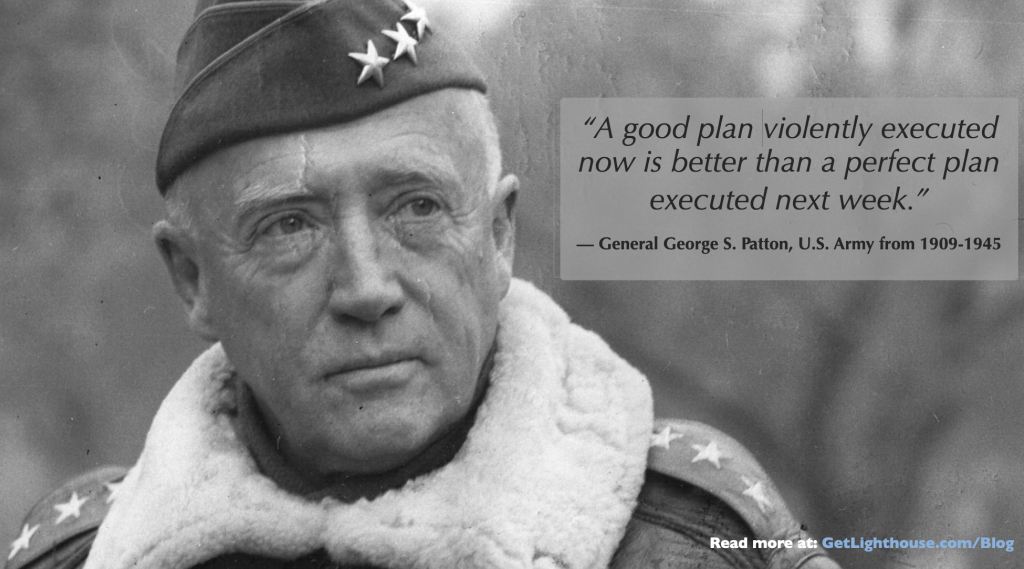
2) Be Proactive and Follow Your Plan for Meeting Moderation
Now that you have a great agenda and plan, it’s time to put that preparation to good use.
Start by breaking the ice. People are often coming from other meetings or tasks, so a quick icebreaker can help everyone clear their minds and transition to your meeting.
For serious meetings, this might be more of a brief announcement or context-setting. For more casual or recurring meetings, you could ask about weekend plans or use a simple rapport-building question.
When it's time to begin, kick things off by stepping up to speak. Set the stage by explaining why everyone's there and what you hope to achieve. This gives you an anchor point if discussions start to drift.
Actively moderate your meetings
As you move through the meeting, use your agenda as a guide. It will help you with how to open (establishing what needs to happen in the meeting and what you’re discussing) and help keep you on track.
To get discussions flowing, consider calling on someone specific to start. This prevents any one person from dominating and helps ensure all voices are heard. If you’re not sure who to call on, consider one of these approaches:
- Call on a junior team member first - They won’t feel pressured to agree with their boss if they’re asked for ideas before hearing from their boss.
- Ask your introverts - They’re more likely to have read any prep information you sent out ahead of time so may have some ideas to kick things off.
- Timebox your talkers - If you’re worried about a talker, consider monitoring time while they share, either by telling them up front how much time they have (because you’re calling on them last) or if they’re running on, suggesting there are other people you want to hear from, or topics you also want to cover.
Throughout this, active listening is crucial. Recap key points to ensure everyone's on the same page and try to build consensus when you hear it.
Meanwhile, if there's disagreement, ask open-ended questions to better understand different perspectives using What and How based questions to further understand them. This can be things like:
- “What are your biggest concerns about that?”
- “How could we make that work?”
- “What would it take for that to be true?”
- “How could we relieve some of your concerns about this?”
- “What would happen if…”
These kinds of questions can help you find common ground, and give bold ideas a fair shake.
However, you do still need to keep steering the discussion towards your main objectives, so beware if a debate is going nowhere, or leaving no time for the rest of your agenda.
If you reach a consensus on a topic, clearly state it and move on. This saves you wasting time talking in circles. If there's still debate to be had, but you need to progress, look for common ground that allows you to move forward without completely resolving the issue.
Remember, this approach assumes things are going smoothly. In reality, you might face some challenges along the way. Being prepared to handle difficulties is just as important as having a solid plan for when things go well, which is why the next section is all about troubleshooting those issues.

3) Handle Problems When You’re Trying to Moderate a Meeting
Keeping a meeting on track can be tricky. It's easy for conversations to wander off topic, which can eat up time and leave important issues unaddressed. As the moderator, your job is to guide the discussion and keep everyone focused.
There are a variety of ways your meeting could go sideways. Let’s talk about how you can keep the meetings you moderate on track by looking at some of those common problems and how to handle them:
Meeting moderation Problem №1: Your meetings go off on too many tangents
What happens: When other topics pop up and go unchecked, they can easily eat up your whole meeting, leaving your team thinking things like, “Ughhh. We spent half that meeting debating the color palette for that project, and that wasn’t even the purpose of the meeting. Now, we haven’t decided what to tell the client, and I don’t know if I’m still supposed to send my draft over.”
What to do about it: This is why agendas are so important. If you have a good clear one, you can use it as guideposts to bring the conversation back to the core topics. If you know there’s another meeting that fits better in, consider suggesting it can be discussed there, or potentially in chat or email. Use your best judgment but you may be surprised what you can achieve with a simple, “That’s a great point, Sarah, but right now we really need to get through these other items, so can we discuss that more in our project status meeting tomorrow?”
Meeting moderation Problem №2: The Soap box speaker is at it again…
What happens: Oh no. They’re at it again. Your meeting is derailed by a team member, boss, or peer getting up on their soapbox to wax poetically about their pet issue again.
What to do about it: Politely interrupt and redirect the discussion to the core topic. If you’ve heard the speech before, you can even summarize where they were going to show that everyone knows what they were going to say. If it happens repeatedly, consider talking to them about it outside of your meetings using the Prepare - Listen - Act approach.
Meeting moderation Problem №3: Heated arguments derail your meeting
What happens: They’re at it again. Nikhil and Tamara are arguing again over tabs versus spaces, what the right framework for this project is, or who is to blame for a project being delayed. Whether in person or over a conference call, everyone can feel the tension.
What to do about it: Interrupt the disagreement if it escalates. Remind everyone you’re on the same team, and look to others in the meeting with calmer minds who can help settle the disagreement. If the disagreement is unrelated to the core purpose of your meeting, instead table the debate and then speak to each of them after the meeting to work on resolving it.
Meeting moderation Problem №4: An attendee checks out and starts doing other work
What happens: Clack clack clack clack clack. You can hear Joe typing away on his computer seemingly 1,000 miles away from the meeting. You call on him only to get a blank stare and a non answer, “I’m fine with what they said…”
What to do about it: There are a bunch of reasons someone may be checked out of a meeting. The first thing you can do is politely ask them to pay attention going forward. Then, check in with them after the meeting. Is something distracting them? Was there something more important they needed to do? Do they really need to attend the meeting or could you have filled them in after? The status quo is hurting your meetings, and there are better solutions that might make you and them happier. Listen and work on a solution together.
When meetings stay on topic, you get more done. People feel their time is well-spent, and you cover all the important points. It's about being productive and respectful of everyone's time, and keeping the peace if things get tense.
If you’re trying to moderate a meeting, it’s important to be proactive about avoiding these kinds of problems. How you handle these can be the difference between your meetings being productive and enjoyable, or becoming something your attendees dread.
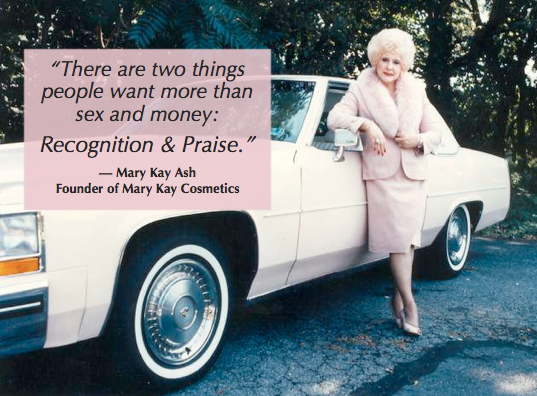
4) Praise Good Actions and Behavior When You Moderate a Meeting
Meeting moderation isn’t all bad. It can be an incredibly rewarding and enjoyable process to see a team that enjoys working with each other quickly and efficiently solve problems and make good decisions.
Those things don’t just happen. They come with a skilled moderator running the meeting.
And praising good things in your meetings is just as important as resolving problems like tangents, arguments, and people checking out.
Remember: You get more of what you praise and reward.
With that in mind, here’s a few key ways you can bring praise and recognition into your meeting moderator habits:
- Thank people who come prepared and participate well (you can do this during, or privately after the meeting)
- Recognize people for contributions related to the project the meeting is about (great place for public kudos - more on this shortly)
- Show gratitude when someone helps get your meeting back on track
- Praise people and positively reinforce good ideas, questions, feedback, and other positive behaviors
If you like it, want to see more of it, and it happens in your meeting, think about how you can praise it in a way that is proportionate to how helpful and valuable it was.
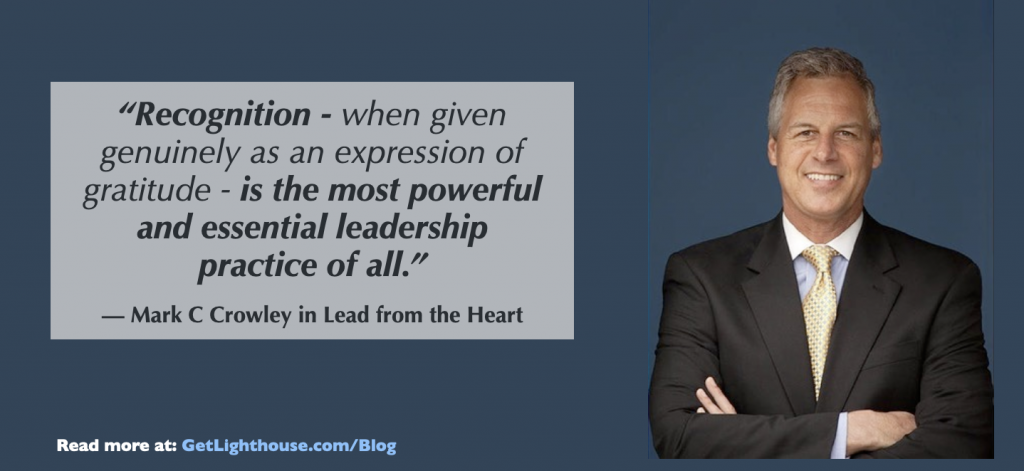
Recognition makes for good vibes.
One of my favorite lessons from Mark C Crowley’s book, Lead from the Heart, is how he rewarded team members in his monthly staff meeting.
While he could have just coldly gone over numbers and run down the agenda items he needed to cover, he instead brought energy and creativity.
When he went over the numbers, everyone that hit their goal would be recognized at the meeting and rewarded with a bag of candy like the one below:

Crowley would toss the bag at them and recognize them in front of the rest of the team, giving them much-valued public recognition.
While interviewing Crowley, he summarized his approach:
"If you have 30 people working for you and 25 of them met or exceeded the goal, you have to recognize all 25.
A lot of times we go, ‘Well, it's like the Olympics, we're just going to give gold, silver and bronze.' If you want to destroy the spirit of the other 17 people that met their goals and your expectations, fail to acknowledge them.
People should know that if they meet your expectations and they meet the goals you set for them, that they're going to get acknowledged."
By offering this kind of regular recognition for everyone that hit their goals within the team, Crowley's teams consistently outperformed the other teams in the organization.
It also gave people something great to look forward to in these meetings, and gave a positive energy to each meeting that helped the rest of the meeting go more smoothly as well.
Praise is a powerful tool. Make sure you’re using it to motivate your attendees, and create positive vibes that can improve everyone’s mood and the quality of your meetings.
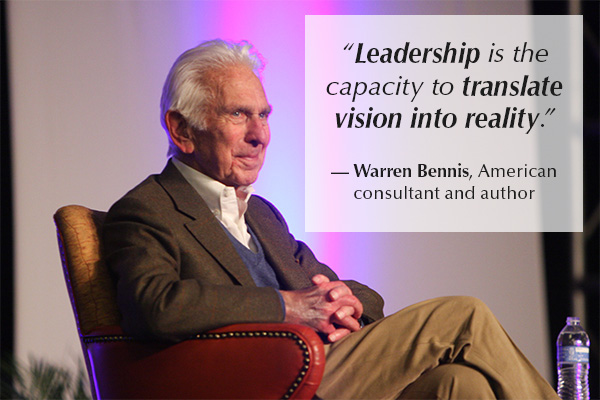
5) Good Meeting Moderators Set Clear Next Steps and Action Items
This is where the rubber meets the road - Great meeting moderation only counts if you make real progress on your goals. Most important for that is to make sure that you set clear next steps and action items each meeting you moderate.
This comes down to the fundamentals: You need to nail down who is doing what and by when. You need to clearly establish:
- Who is responsible?
- What exactly are they doing?
- When does it need to be done?
If you leave any of those questions unanswered, don’t be surprised if progress stalls or everyone assumes someone else was going to do it. Don't leave room for ambiguity - everyone should walk away with the same understanding of what comes next.
To ensure this happens, after the meeting, send out follow-up notes and key takeaways. This helps cement what was discussed and decided.
When you send it, also think about people who weren't in the meeting, but need to be in the loop. Make sure they get the updates and takeaways, too. They’ll really appreciate you remembering them.
Finally, if there's going to be another meeting, clarify when it'll be, why it's needed, and who needs to attend. This helps everyone plan ahead and keeps the momentum going. That’s especially important for anyone who has assigned tasks, because they’ll need to either finish their tasks or have an update by then.
Take a minute and reflect on the meeting, too!
Now, here's something many people skip, but it's super valuable: take a few minutes to reflect on the meeting itself. Ask yourself:
- Was everyone there necessary? Who might not need to be included next time?
- Do you need to give anyone feedback or coaching based on what they said or did?
- Who deserves a thank you, or some praise for their contributions?
- What would you do differently next time?
- What worked well and what didn't? How can you apply these lessons to other meetings?
- Did you notice any attendees doing something particularly effective that you could adopt in future meetings?
This kind of reflection can really help you improve your meeting moderation skills over time. It's not just about running this one meeting well, but about getting better at it every time.
Remember, a well-wrapped meeting sets the stage for actual progress to happen after everyone leaves the room. It's your job as the moderator to make sure that happens, and it’s the primary reason you have meetings in the first place.
Final Word - Moderating a Meeting Can Be Something You Enjoy
Being a good moderator is a skill like any other. That means you can learn and eventually master it.
It starts with the fundamentals, like having a great agenda and wrapping up the meeting clearly. Then, it’s important to encourage and praise things you want to see more of in your meetings, while deftly handling conflict and other issues that come up.
As you build your mastery, remember you can inject some of your personality and maybe even some fun in your meetings. Whether it’s a reward like Mark C Crowley’s bags of candy, or asking fun ice breaker questions that resonate with you and your team, you reach the highest levels of skill in moderating when you show some freedom, fun, and flexibility in how you moderate.
Want more help running better meetings?
Wish you had your calendar better under control, so you could have more balance in your work and personal life? Our Lighthouse Lessons program, Conquer Your Calendar, is a bite-size, highly actionable way for you to grow your skills as a leader specifically around managing your calendar and running better meetings. Sign up to join us starting next week here.
